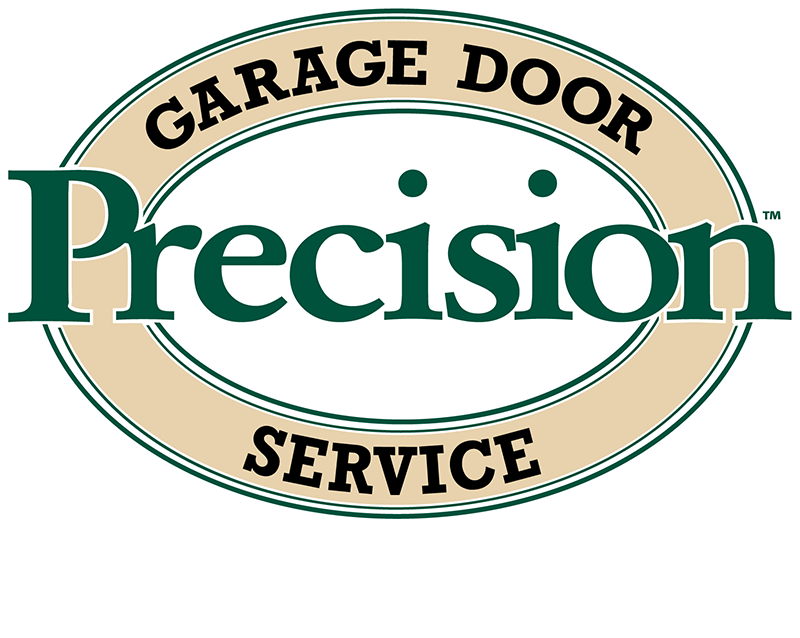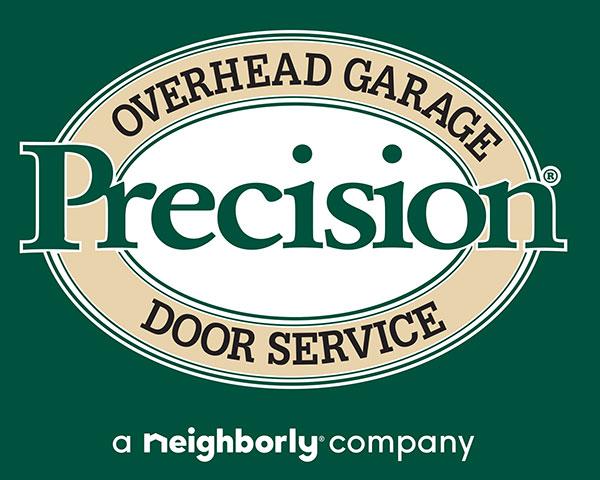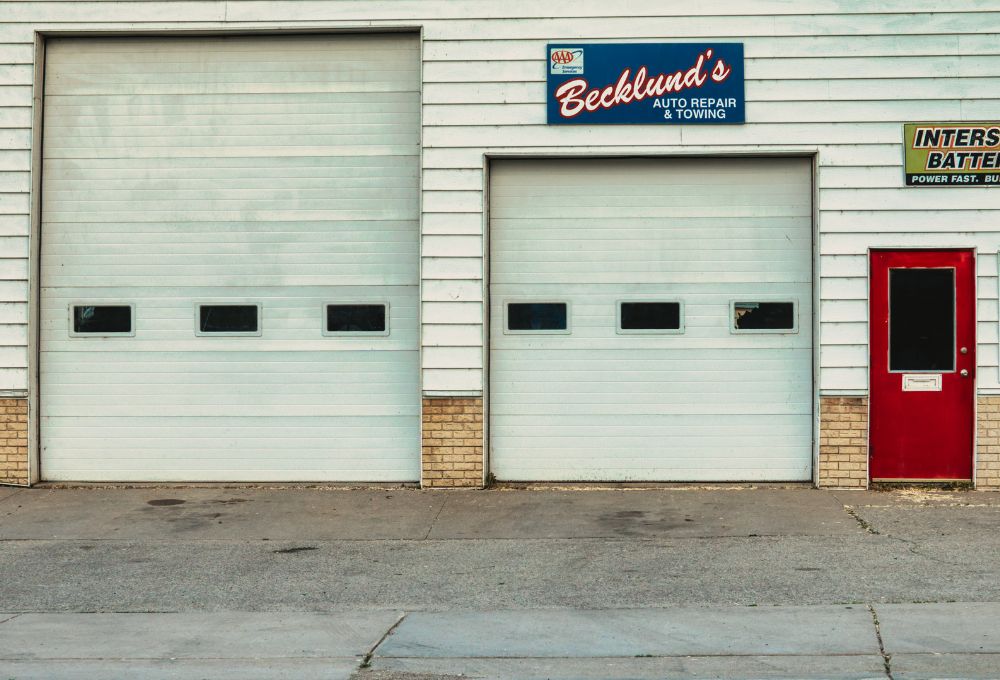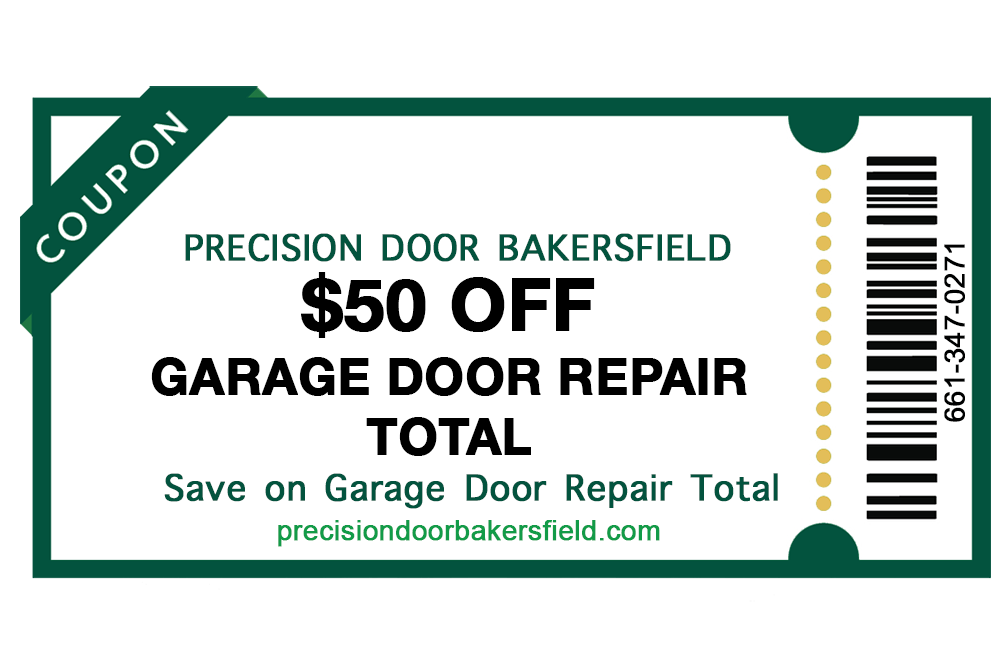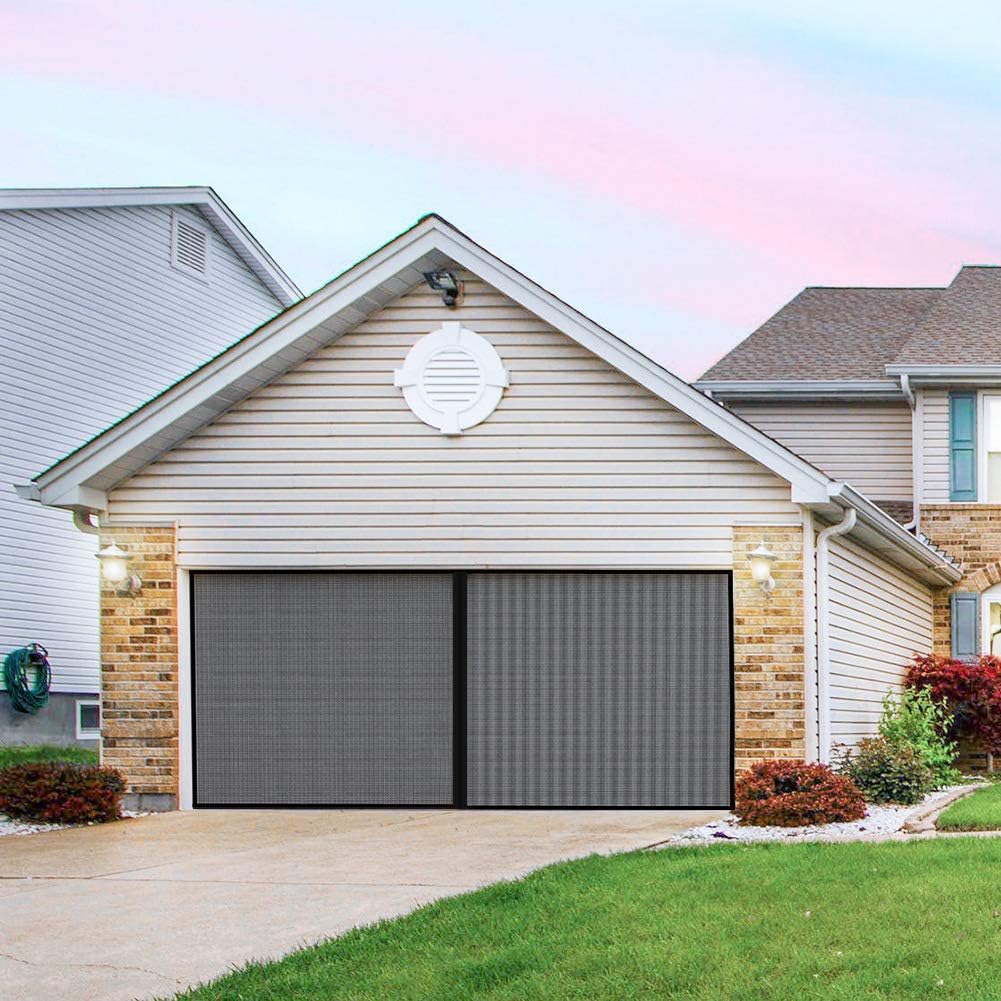
A garage door should open and close with steady, smooth motion. When it starts making strange noises, most homeowners brush it off as something minor. Yet unusual sounds are often the first signs that something is wrong. Ignoring them can lead to bigger problems, expensive repairs, or even safety risks for your family.
The good news is that garage doors usually give clear signals before a breakdown. If you know what to listen for, you can address the issue early. This helps protect your investment, keeps your home secure, and avoids sudden malfunctions.
In this blog, we will explain the most common garage door noises and what they mean. By understanding these sounds, you will know when a quick fix is enough and when it is time to call the experts at Precision Door Bakersfield.
Why Garage Door Noises Should Not Be Ignored
Strange noises may seem harmless at first, but they are often warning signs of underlying problems. A grinding sound might mean your rollers need attention. A loud bang could signal a broken spring. These issues rarely improve on their own. Left unchecked, they can damage other components and put your safety at risk.
A noisy door is also a sign of stress within the system. Each part, from cables to hinges, works together. If one element is worn out, it forces others to overcompensate. Over time, this imbalance can create an off-track door or even cause the door to stop working completely.
Addressing noises early is not just about comfort. It is about protecting your family, your property, and your wallet.
Common Garage Door Noises and Their Meanings
Grinding Noise
A grinding sound often points to worn rollers, frayed cables, or dry metal parts. If your door struggles to move smoothly, the problem may be in the rollers and cables. Regular lubrication can help, but if grinding continues, professional service is the safest choice.
Banging or Popping
Loud bangs or sharp popping sounds often indicate a spring issue. When a spring snaps, the noise can be startling. Springs carry the weight of the door, so when they fail, the system becomes unbalanced. This is one of the most dangerous issues a homeowner can face. Always call for expert help with broken springs.
Squeaking or Screeching
If your door squeaks every time it opens, friction is the likely cause. Hinges, tracks, or rollers may be dry. A small amount of lubricant usually solves the issue, but constant screeching may signal deeper wear.
Rattling
A rattling noise often comes from loose hardware. Bolts, nuts, and screws can loosen over time. Tightening them may fix the problem, but if the rattling continues, it may be a sign of imbalance or a larger repair need.
Booming or Loud Thud
A heavy thud often means the door is unbalanced or off its tracks. An off-track door is more than an inconvenience. It can damage the entire system and create safety hazards. Immediate professional attention is recommended.
Constant Vibration or Clattering
If your opener creates constant vibration or clattering, it may be struggling to pull the weight of the door. This could be due to weak or faulty parts and accessories. In some cases, the opener itself may need replacement.
DIY Fixes vs. Professional Repairs
Not every noise requires professional service right away. For example, squeaking hinges may improve with lubricant. Rattling screws can often be tightened with basic tools. These small steps are safe for most homeowners.
However, certain repairs should never be attempted without training. Springs, cables, and heavy door adjustments are dangerous to handle. Attempting DIY fixes in these areas can lead to serious injury. If you suspect the issue involves tension or balance, schedule a garage door repair instead of trying it on your own.
Knowing where to draw the line is part of responsible home care. Simple upkeep is fine, but complex problems require professional expertise.
How Regular Maintenance Prevents Noisy Doors
The best way to avoid strange sounds is through consistent upkeep. Following simple garage maintenance tips can keep your door running smoothly year after year.
Routine care includes lubricating moving parts, checking for loose bolts, and inspecting weather seals. Regular inspections also help spot worn components before they break. For example, a small crack in a spring can be repaired before it becomes a full break that shuts down your door.
Maintenance is not just about preventing noise. It also extends the life of your system, reduces emergency repairs, and ensures your garage door remains safe for your family.
Everyday Habits for a Quieter Garage Door
Homeowners can make a few habits part of their weekly routine to reduce noise:
- Lubricate moving parts. Keep hinges, tracks, and rollers moving smoothly.
- Check rollers and cables. Inspect them for signs of wear or fraying.
- Clear the tracks. Remove dust and debris to allow smooth movement.
- Tighten hardware. Loose screws and bolts are often the source of rattling.
- Inspect garage door seals. Worn garage door seals can create vibration and gaps.
These small efforts will help your garage door stay quieter and perform better.
Silence the Noise, Protect Your Home
Strange noises are more than just annoyances. They are warning signs. Grinding may mean worn rollers, banging may point to broken springs, and rattling may come from loose parts. Understanding what these sounds mean allows you to act quickly.
At Precision Door Bakersfield, we know that every noise tells a story. Our team is trained to identify problems, perform safe repairs, and restore your garage door to smooth operation. From noisy doors to complete system inspections, we are here to help.
Do not wait until a small sound becomes a major problem. Contact Precision Bakersfield today to schedule an inspection, request service, and get a free quote. With expert care, you can silence the noise and enjoy a safer, more reliable garage door.
